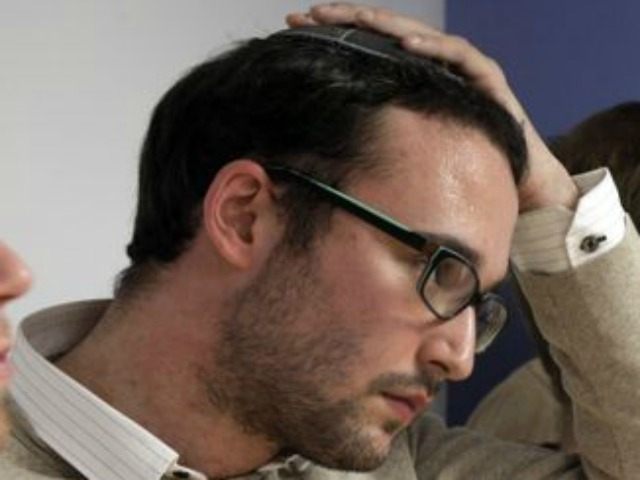One thing on trial in the gay counseling case now unfolding in a New Jersey courtroom is a form of psychotherapy called psychodrama. It is an easily mockable process whereby a patient acts out painful moments in the past so as to move beyond the emotional break that happened because of it.
The four young men suing Arthur Goldberg and his colleagues at the group JONAH were led through psychodrama techniques and plaintiff’s attorneys are presenting these to shock the jurors and convince them Goldberg and his colleagues are no more than quacks syphoning money from the young men’s mother’s purses.
The trial, now in its second week, will determine whether Goldberg and his colleagues violated the New Jersey Consumer Protection Act in trying to help the young men overcome unwanted same-sex attraction.
Plaintiff’s counsel are making much of the psychodrama techniques used by JONAH and the groups related to it. Jurors are hearing stories about the defendants being held and rocked while in a fetal position, pounding on pillows and shouting out their mothers’ names and even acting our childhood sexual abuse. It may sound shocking to jurors but the technique is a respected technique in the mental health professions.
Also on trial is the question of whether same sex attraction is fixed at birth and never changeable. Before the trial began, the Judge told plaintiffs they could not present evidence of homosexuality’s immutability. There has never been a repeated scientific conclusion that homosexuality is inborn and not changeable. Advocates could cite many authorities making this claim. But that won’t be allowed.
Defendants hold that same sex attraction happens as a result of an emotional break in childhood that prevents him from identifying with his same sex parent and becomes therefore sexual attracted to his same-sex. This break comes about through trauma, like sexual abuse at the hands of an adult male. The break can also occur if the father is abusive or absent and the mother becomes too great of a presence. The result in all these instances is a stunted emotional growth.
Defendants hold that this emotional break and stunted growth can be healed and the result can be the elimination of same sex attraction or at least its lessening.
This was the standard understanding in the mental health professions until they came under sustained pressure and even attack from gay activists to take this out of the diagnostic manual in the 1970s.
While the psychological guilds have changed their view on homosexuality, they do not reject the idea of treatment for unwanted same sex attraction or the possibility of its success.
The Southern Poverty Law Center, the group that brought the suit for the young men, is campaigning in courts and state legislatures to ban anyone with such unwanted sexual attractions from getting help. The Jersey City trial is largely about that.
The trial resumes this morning with testimony of Chaim Levin.
Follow Austin Ruse on Twitter @austinruse

COMMENTS
Please let us know if you're having issues with commenting.